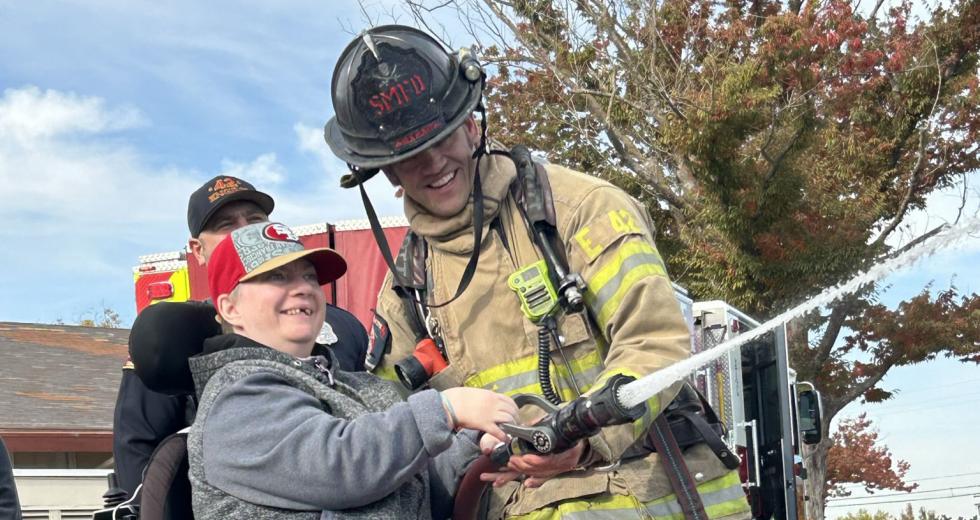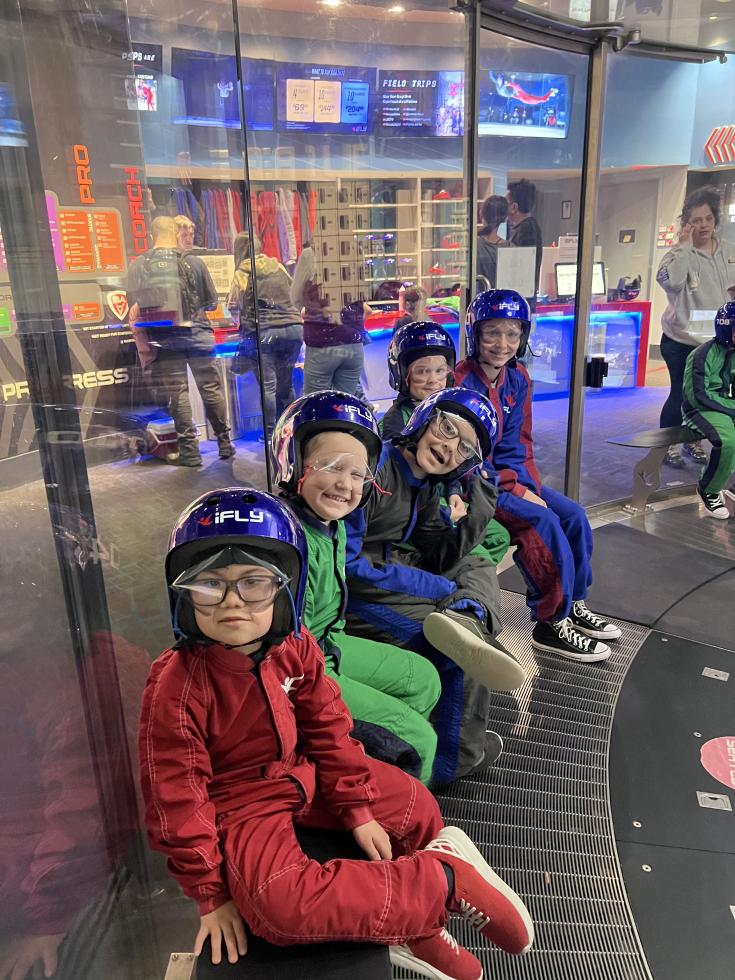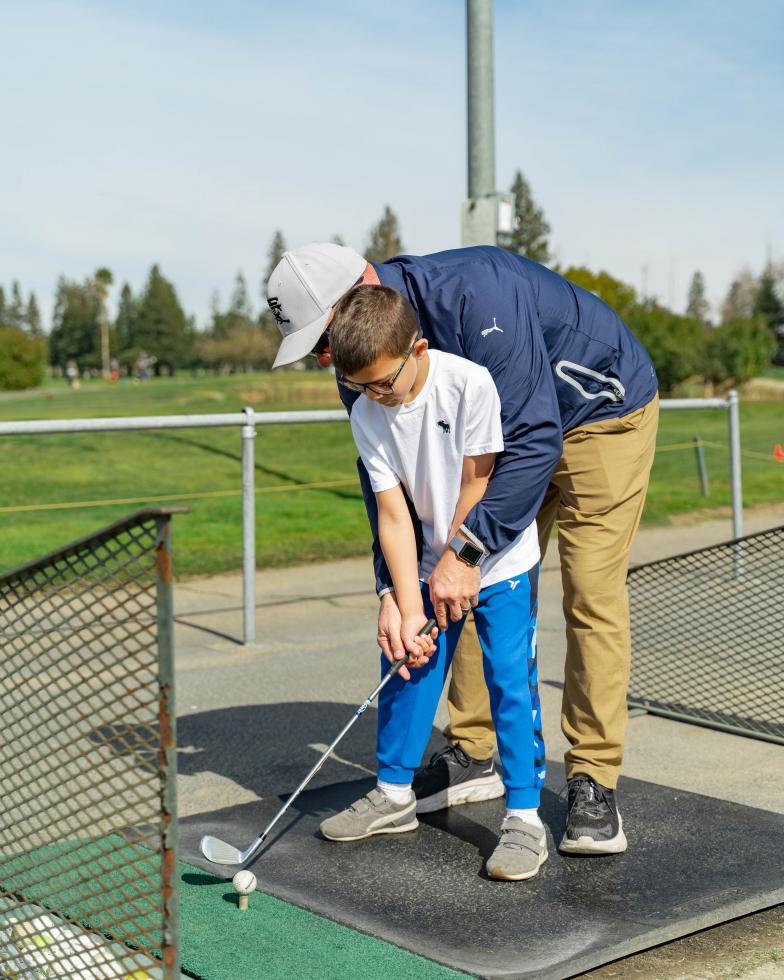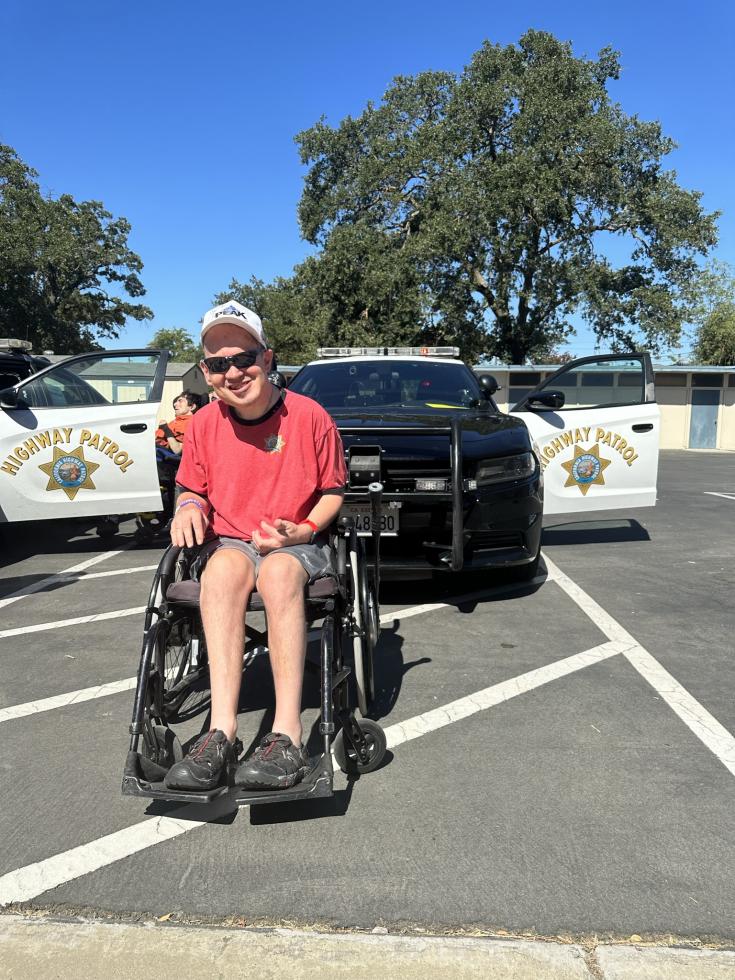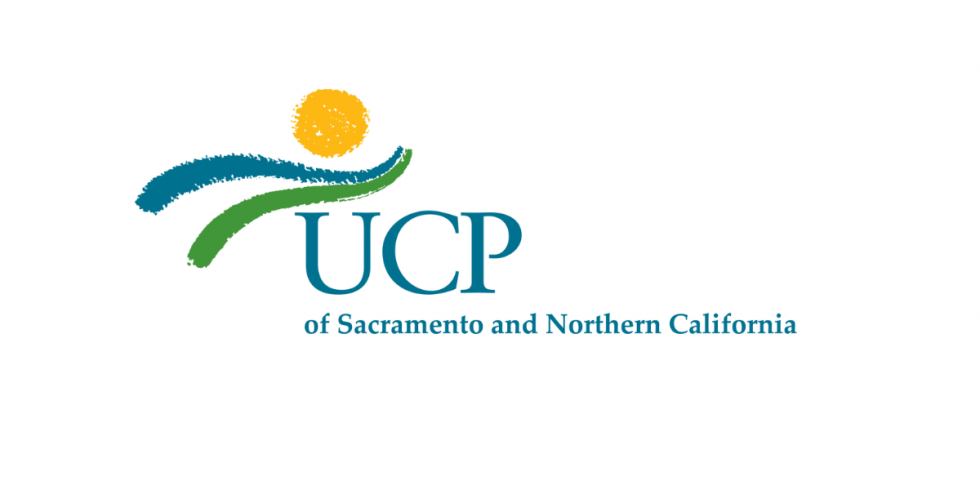Established in Sacramento in 1955, UCP of Sacramento and Northern California has roots with the United Cerebral Palsy organization, but today this independent nonprofit serves a much broader population, including those with intellectual disabilities, autism, Down syndrome and epilepsy, in addition to cerebral palsy. UCP’s services span Sacramento, El Dorado, Placer, Yolo, Sutter, Butte, Nevada and Shasta counties.
“We provide programs and services that improve the independence, productivity and quality of life for people with developmental disabilities and their families,” says Megan Laurie, director of development. “We currently offer 14 programs within four divisions — Transportation, Respite, Adult Programs and Recreation — to help improve quality of life and connection to community.”
UCP serves more than 3,100 people through these programs, but the need is growing, with wait lists for transportation and some adult day programs. Of UCP’s 850 paid team members, about 140 work full time in programs and the majority, about 700, are respite care workers who step in for hours at a time to provide invaluable breaks for parents and guardians of clients with intellectual disabilities.
“We provide programs and services that improve the independence, productivity and quality of life for people with developmental disabilities and their families.”— Megan Laurie Director of Development
All UCP transportation, respite and adult day programs are free of charge to clients, with state funding through Alta Regional Center. However, that state money barely covers basic staff duties, so for even the smallest extras, such as new programs or activities, UCP relies on community contributions. They invite everyone to join them at their 30th annual Humanitarian of the Year gala event on June 13 to help grow their service coverage.
Looking ahead, UCP is striving to increase staff back to
their
pre-pandemic number of about 1,000, and continue to develop their
programs. “Often we forget to really see people with intellectual
disabilities,” Laurie says. “They may not have strong voices or
may communicate differently, but they are our valued neighbors.
Please join us in serving their needs and keeping
them involved in our communities.”



